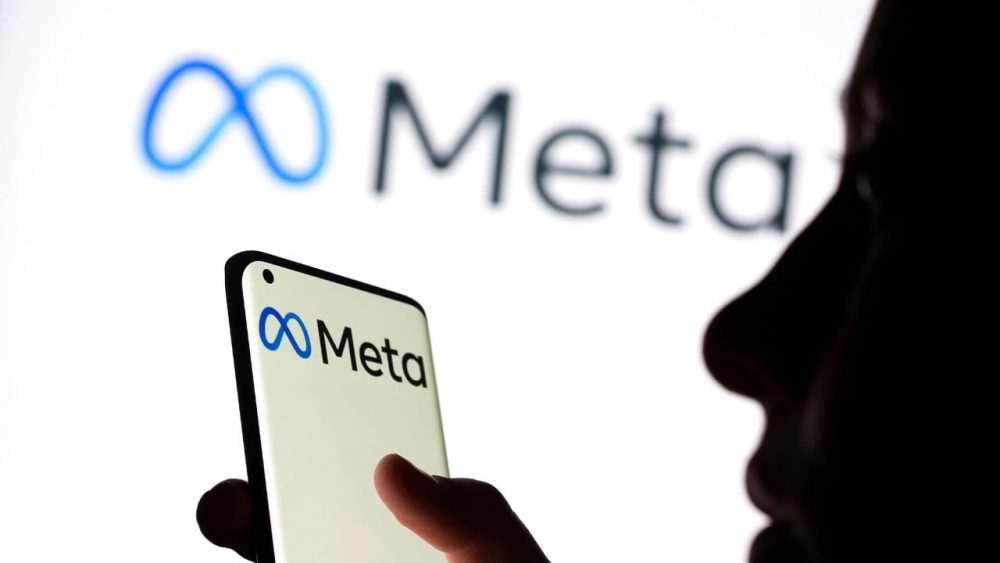Mark Zuckerbergled by Metahas confirmed that it is working on a decentralized social app.
Meta No details were given as to when the project, which has been verified as vetted, is scheduled to be released. Meta spokesperson said in a statement on the subject: “We are working on a decentralized social network to share text updates. We believe there is an opportunity for a separate space where creators and public figures can share timely updates on their interests.”
Code Name of Decentralized Application P92
MoneyControlcodename as reported by P92 This new application is still under development. According to the transmitted information, the application Instagramwill allow them to log in via their credentials.
platformerIn a report published by the Instagram President Adam Mosseri will be inspected by. According to the report, the company engaged its legal department to address early privacy concerns before the app went public.
MetaThis move of twitteror Mastodon It is seen as an effort to create an alternative to practices. Mastodon, Elon Musk It gained popularity after Twitter took over. decentralized network, ActivityPubIt is part of Fediverse that supports the protocol. MoneyControlAccording to Meta’s new app, it also plans to support ActivityPub, making it easier to connect with other instances like Mastodon.
There are many other tools that implement ActivityPub support, including Tumblr, Flipboard, and Flickr. But decentralization is not limited to this protocol. Jack Dorseytaken out by blueskylaunched its iOS app in beta last week.
Former Twitter engineer commenting on the creation of competing platforms Blaine Cook He said: “I think protocol diversity is important, just like the diversity of applications built on protocols. With this, ActivityPubAnd bluesky I believe that interoperability between them will not be difficult. For example, the only thing preventing interoperability between Twitter and Facebook timelines has been the protectionist policies of these companies.”







